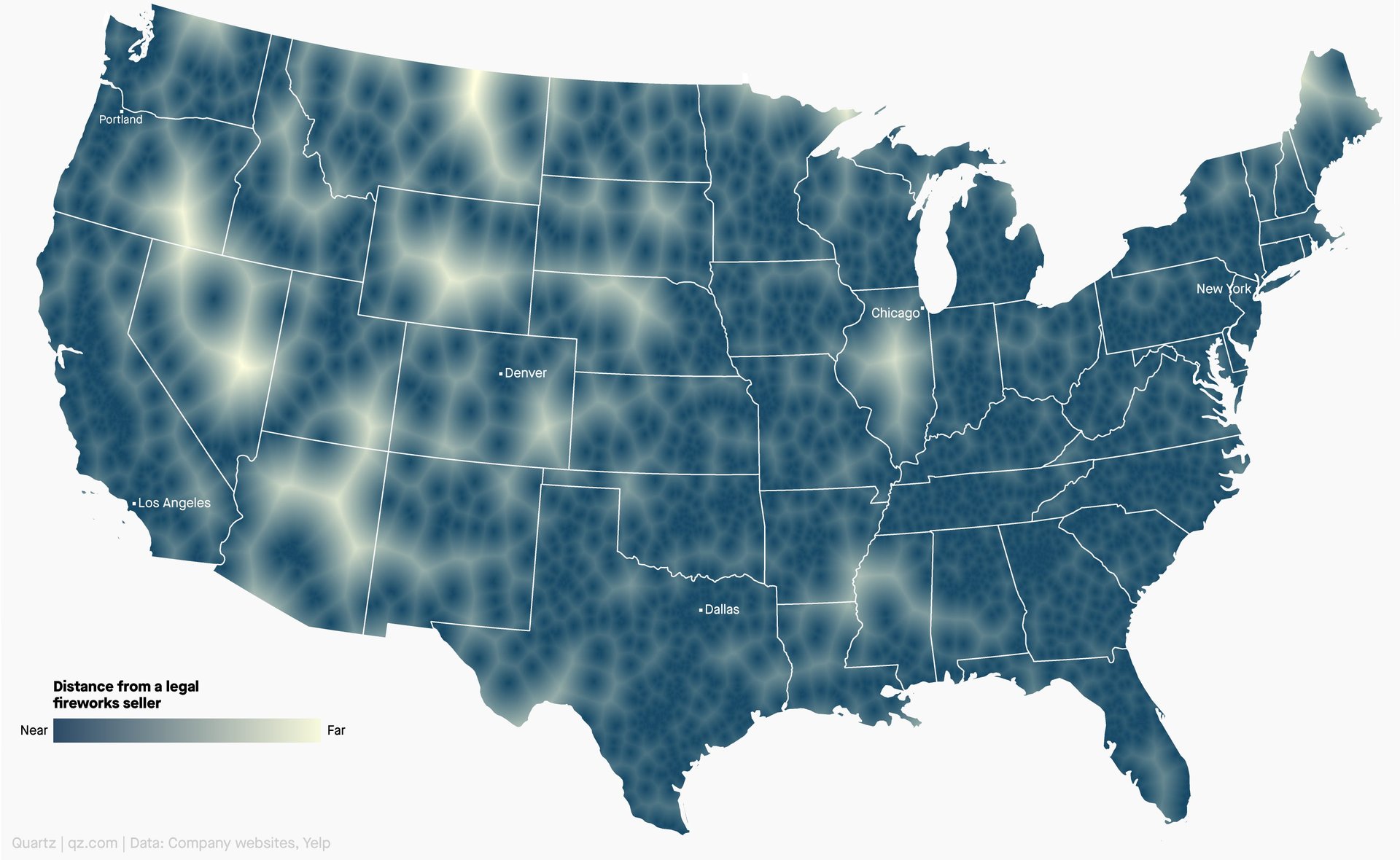Hong Kong sanctions, a sweet IPO, teeth…uncovered
Good morning, Quartz readers!

Good morning, Quartz readers!
We’re taking a couple of days off, so you won’t be receiving a Daily Brief on Monday or Tuesday. If you find yourself going through Quartz withdrawal, be sure to check out our new homepage. It never takes vacation days.
Here’s what you need to know
The US Senate finalized China sanctions over Hong Kong. The legislation now heads to president Donald Trump to sign. Meanwhile, German chancellor Angela Merkel said her country’s existing asylum laws apply to Hong Kongers, and Australia is considering options for safe haven visas for Hong Kong residents.
The US had its biggest single day increase in Covid-19 cases. More than 50,600 new cases were reported Wednesday, and more states ordered indoor businesses closed. But a sunny jobs report for June kept markets in the green.
Moderna’s vaccine hit a snag. The pharmaceutical company has delayed the start of its 30,000-person Phase 3 study. Meanwhile, CanSino’s vaccine’s surprise frontrunner status represents a big leap forward for China’s pharmaceutical industry.
Tesla is having a good week. A big beat on quarterly sales lifted its stock, which is likely to join the S&P 500 soon, just one day after its market cap surpassed Toyota’s—making Tesla the world’s most valuable car maker. Tesla also said it is making mobile molecule printers for a Covid-19 vaccine under development by Germany’s CureVac.
Lemonade had a sweet IPO. The stock price of the SoftBank-backed online insurer more than doubled on its first day of trading.
A mudslide buried a Myanmar jade mine. At least 162 and perhaps as many as 200 miners were killed in the collapse.
Mapping fireworks deserts
There are thousands of locations selling fireworks in the US. The weeks leading up to US Independence Day, on July 4, are peak sales season. This year, complaints about illegal fireworks displays are up across half a dozen major cities. Seemingly, the best you can do is get very far away from sellers.
Quartz collected over 7,000 fireworks seller locations from company websites and Yelp to determine the areas in the contiguous US that are the farthest from legal fireworks sellers: the fireworks deserts of the US.

We asked about the new normal

Earlier this week, we asked you to tell us which of these four predictions for the next five years will be the most accurate. Here are the results:
34% “The way in which we travel, and think about traveling, has changed, and I’m sure this will be long-term.” —Yolanda Edwards, founder, Yolo Journal
28% “This catalytic moment offers us a unique opportunity to reimagine how students learn.” —John Goodwin, CEO, the LEGO Foundation
21% “The next five years need to be a time of drastic reengineering of our systems and structures to eliminate health disparities.” —Esther Choo, Oregon Health & Science University
17% “Social distancing and stay-at-home orders have leveled the playing field for business owners.” —Harley Finkelstein, chief operating officer, Shopify
For more expert opinions on how coronavirus will change the world in five years pay a visit to The New Normal.
For members: A tale of a two-wheeled city
While bicycle commuting is making inroads in cities across the US, its widespread acceptance is by no means a foregone conclusion. New York City is a particularly dynamic laboratory to test its adoption. Safety concerns—including an outright fear of death—are a major reason that many New Yorkers won’t ride bikes on city streets.

✦ Read more about where these changes are happening, and why, in our field guide to the commuting revolution. That and a lot more are all yours with a Quartz membership—currently on sale for 50% off! ✦
You asked about inflation
Are we heading towards inflation due to central bank spending? Or deflation due to reduced demand?— Boris
We love this question. Inflation numbers are calculated based on how much the cost of a typical “basket” of goods and services, known as the consumer price index (CPI), changes over time. Covid-19 has radically changed what people are buying—more food at grocery stores, less on transportation, etc.—making the measurement of inflation even more difficult than usual. A recent study tried to arrive at new Covid-adjusted inflation figures that suggest more inflation is happening than officials report.
But if we stick to US government statistics, CPI has dropped for three straight months, meaning that a dollar bought more in May than it did in April and so on. This indicates that we’re currently experiencing some deflation. But overall, the takeaway should be that we’re in uncharted waters and inflation numbers are nearly meaningless during the pandemic.
Surprising discoveries
A Japanese volcano is about to blow its top. Officials warned Mount Sakurajima’s eruption could be bigger than usual.
There’s one more plot twist to The Da Vinci Code. Dan Brown’s ex-wife claims she came up with the premise for the best-selling thriller.
Researchers revealed the mysteries of tooth enamel’s structure. The findings could someday help prevent or reverse tooth decay.
A Canadian songbird has changed its tune. The variation on the white-throated sparrow’s song occurred relatively rapidly.
Empty stadiums could be affecting sporting outcomes. Data seems to show that the lack of fans creates a kind of “negative home advantage.”
Our best wishes for a productive day. Please send any news, comments, vaccines that work, and volcano insurance policies to [email protected]. Get the most out of Quartz by downloading our app on iOS or Android and becoming a member. Today’s Daily Brief was brought to you by Liz Webber, Dan Kopf, David Yanofsky, and Max Lockie.